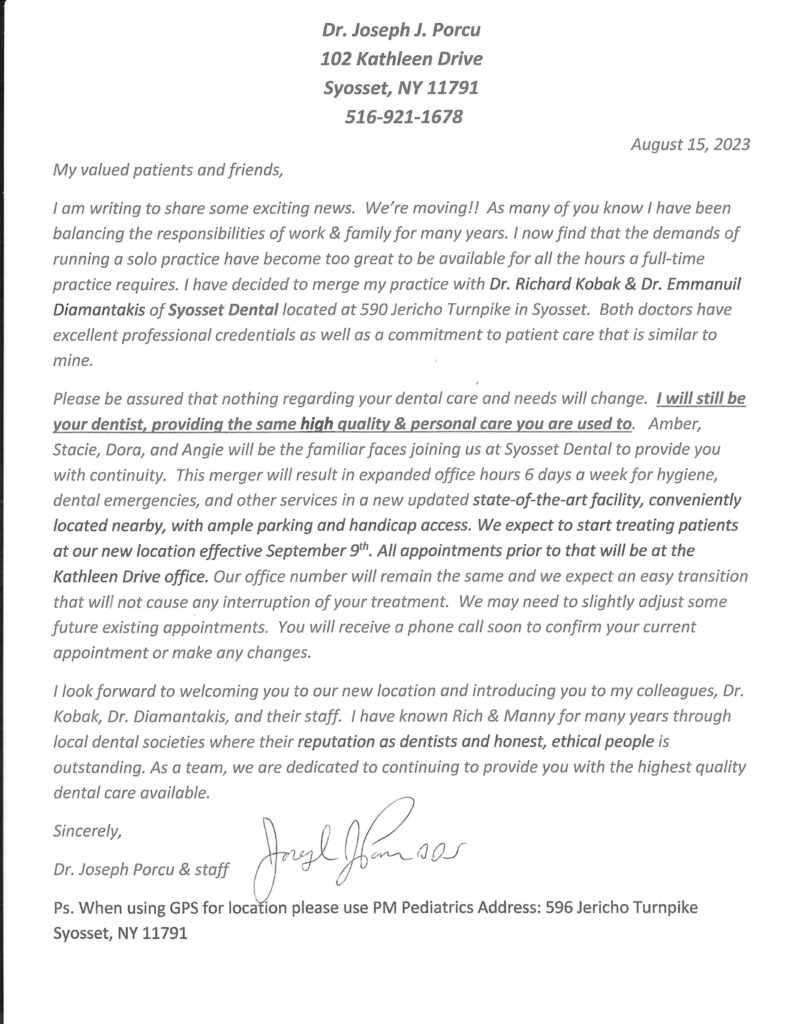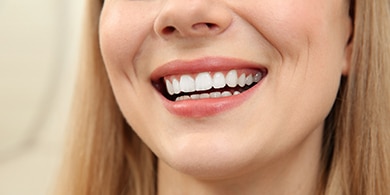 When your gums begin to pull away from your teeth, or recede, there is usually a cause for concern (the condition typically indicates gum disease, or some other dental malady). As we age, however, our gums can lose their grip on our teeth and recede simply due to a lifetime of use. Age-related gum recession may be natural, but regardless of the cause, your receding gums can still complicate your oral health. Syosset dentist, Dr. Richard Kobak, explains how and why you should protect your gums from recession at any age.
When your gums begin to pull away from your teeth, or recede, there is usually a cause for concern (the condition typically indicates gum disease, or some other dental malady). As we age, however, our gums can lose their grip on our teeth and recede simply due to a lifetime of use. Age-related gum recession may be natural, but regardless of the cause, your receding gums can still complicate your oral health. Syosset dentist, Dr. Richard Kobak, explains how and why you should protect your gums from recession at any age.
The Importance of Your Gums
The top part of your tooth, called the crown, is protected from bacteria and food debris by a layer of tooth enamel—the strongest substance that your body produces. The crown, however, is not the only part of your tooth. Your tooth’s roots extend into your gum tissue and continue down to anchor into your jawbone. Your gum tissue, which acts like a gasket in a motor, seals and protects the enamel-less part of your teeth. When your gums recede, the roots of your teeth become exposed and vulnerable to bacterial infection. Also, receding gums provide extra spaces for food debris and dental plaque to settle, increasing the damage caused by the condition.
Why Not Let Nature Take its Course?
Some people are of the opinion that, if it happens naturally, then you should let it happen. In the case of your dental health, this is horrible advice. Gum disease (which typically causes, but could also result from gum recession), is a progressive disease and will not stop or improve until it is addressed. If left unchecked, the disease will continue past your gums and into your jawbone, where it proceeds to destroy your jawbone structure. There is also a good chance that not treating gum disease can have significantly negative effects on your systemic health, as well (oral-systemic connection).
What to Do About Gum Recession
Although gum recession occurs naturally as some people age, it can occur faster and more dramatically if you grind your teeth, have defective dental work, or practice poor oral hygiene, among many other factors. Maintaining good oral hygiene, including brushing your teeth twice a day with a soft-bristled toothbrush and flossing at least once a day, can vastly improve your chances of successfully preventing gum recession. Also, be sure to attend your dental checkup as often as recommended to allow Dr. Kobak the opportunity to inspect your teeth and gums for early signs of abnormality. To learn more, or to speak with your Syosset dentist, schedule an appointment with Dr. Kobak by calling our Syosset dental office at (516) 433-2211. We welcome patients from Long Island, Nassau, Suffolk, and the surrounding New York City neighborhoods.











